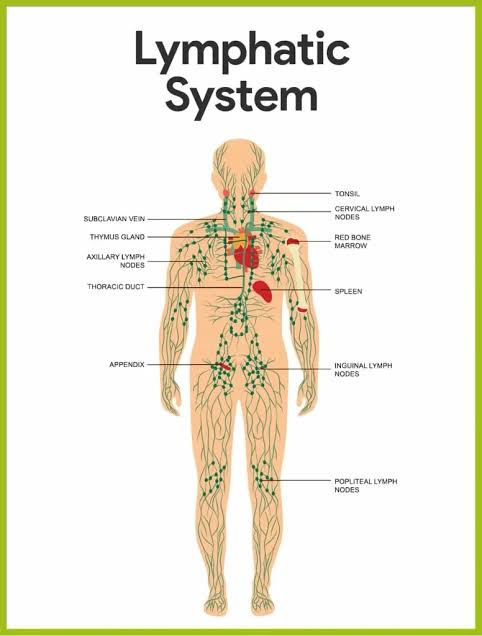500 MOST COMMONs...

Medical Knowledge 500 MOST COMMONs... 1. Most common aortic branch involved in Takayasu arteritis : Left subclavian 2. Most common cause of respiratory distress in newborn : Transient tachypnea of the newborn 3. Most common location to see Asbestosis sequale : Posterior lower lobes. 4. Most common karyotype / chromosomal abnormality in USA : Down’s syndrome 5. Most common osseous lymphoma, primary and secondary : Diffuse large B-cell lymphoma 6. Most common primary malignant orbital tumor in childhood : Rhabdomyosarcoma 7. Most common type of fluid collection in scrotum : Hydrocele 8. Most common type of liposarcoma to affect children : Myxoid liposarcoma 9. Most common abdominal emergency of early childhood : Intussusception. 10. Most common acetabular fracture : Posterior acetabulum. 11. Most common affected bowel segment in TB : Ileocecal area. 12. Most common affected joint in gout : First MTP. 13. Most common AIDS-related neoplasm : Kaposi Sarcoma 14. Most common allergic aspergil...




